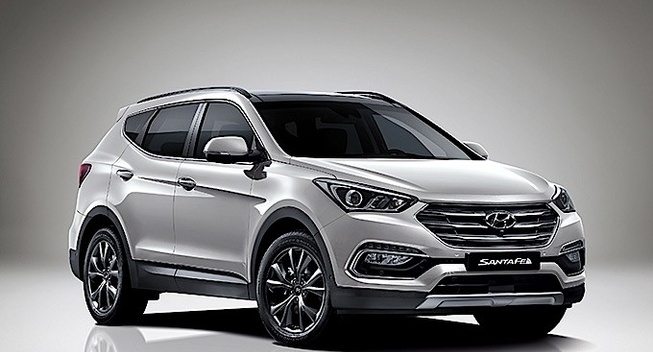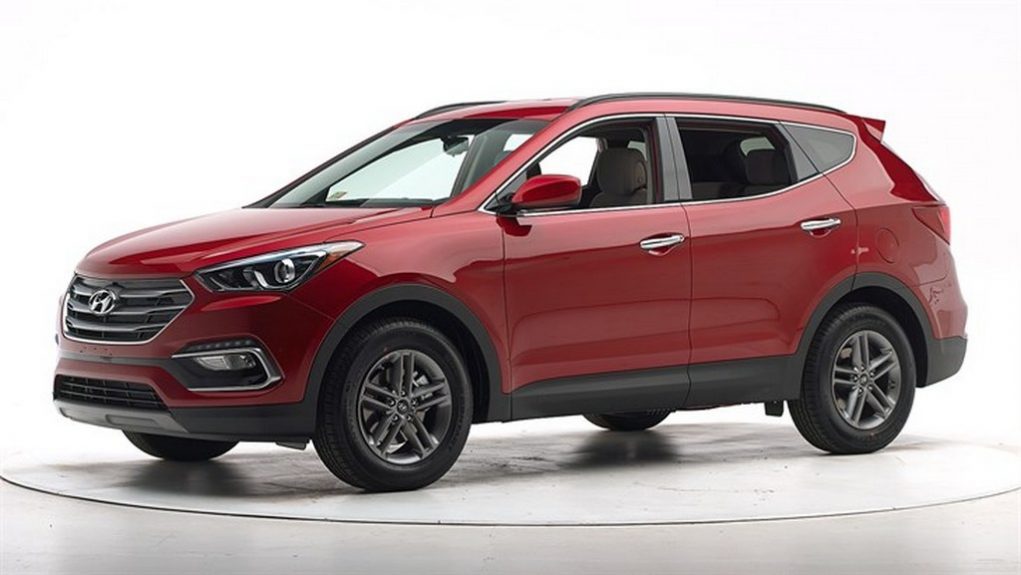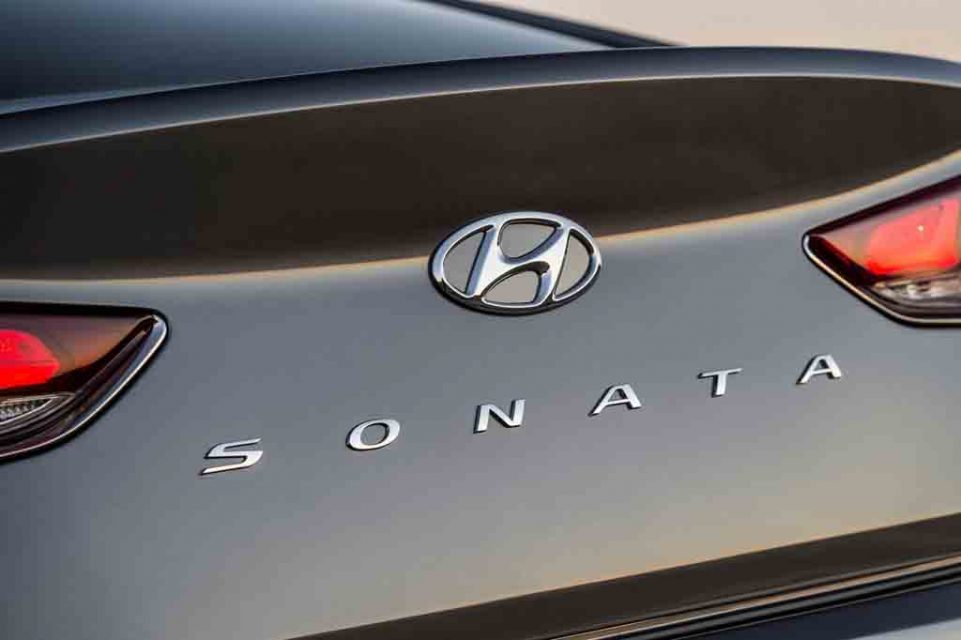
Hyundai announces recall of nearly 6,00,000 due to two separate issues related with secondary hood latch and parking brake
Just after recalling nearly 1.5 million vehicles in April 2017, Hyundai is back again with the announcement of two separate callbacks. It will result in almost 6,00,000 vehicles wearing Hyundai and Genesis badge in the US being affected. By the end of this month, the service campaigns will get underway.
First of the two recalls was confirmed by the National Highway Traffic and Safety Administration in the United States on Thursday. It is related to the secondary hood latch’s faulty cable that may erode and prevent the hood from latching when used for some time. It might sound simple but the problem has led to Hyundai recalling 4,37,400 Santa Fe and Santa Fe Sport crossovers manufactured from 2013 to 2017.
Also Read: South Korean Government Recalled 2.4 Lakh Hyundai and Kia Cars
The Korean auto major has stated that a production fix was applied on the Santa Fe last June and the reason behind why it took so long for the recalling to be announced will be investigated. In response to the issue, Hyundai’s spokesman Michael Stewart said that the safety risk is only possible if the hood is not closed properly.
The problematic cable in the secondary hood latch mostly creates problems in the northeastern part of the US where huge amounts of salt applied to the roads during the winter. Three reports have been registered where the hoods opened but in major cases it got to deal with the ability of it being stuck and hard to open.
Also Read: Hyundai Tucson Recalled in US; 81,000 Units Affected
Another recall is due to the potential corrosion on the parking brake. The illumination on the instrument panel can indicate the parking brake being applied but it has been found that the rusty switch needs mending and it might keep drivers from understanding that the brake is still on while traveling. It impacts 1,50,000 Hyundai Sonata models and 10,800 Genesis branded cars produced in 2015 and 2016.


